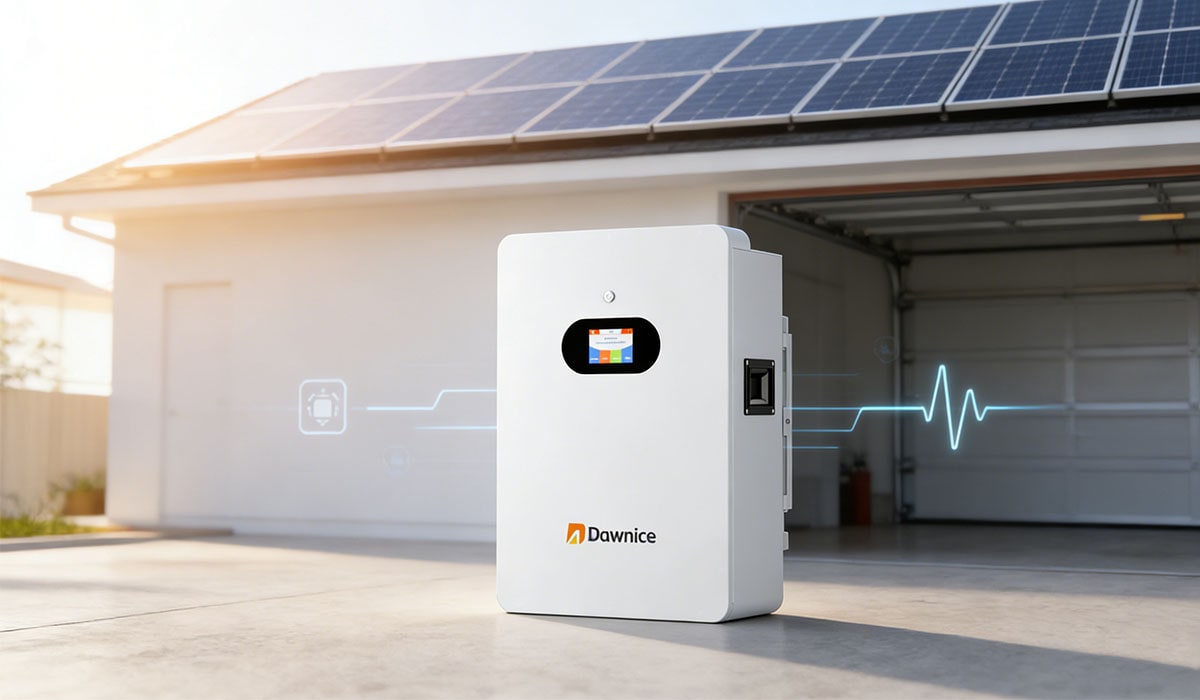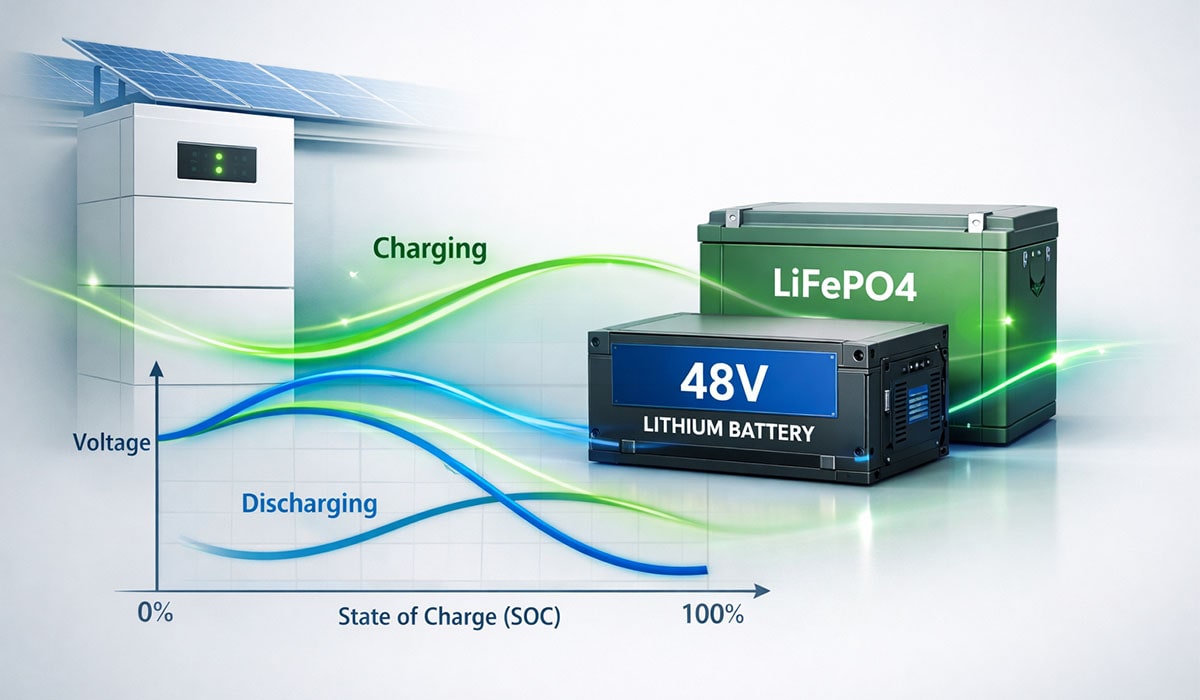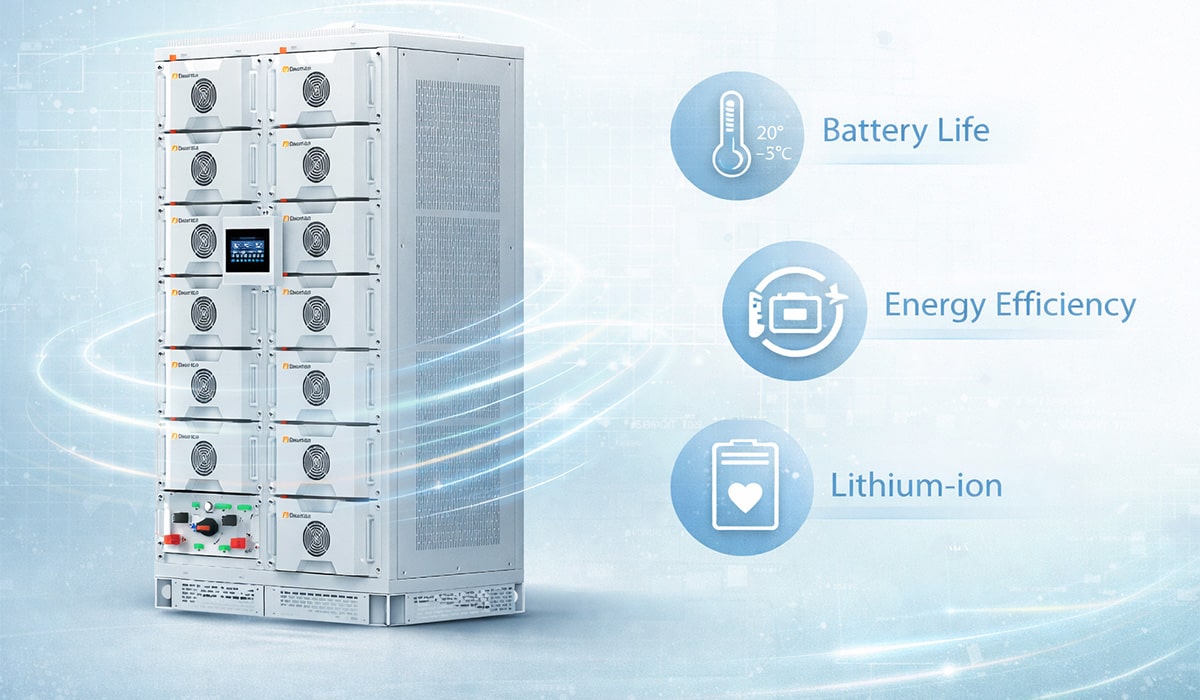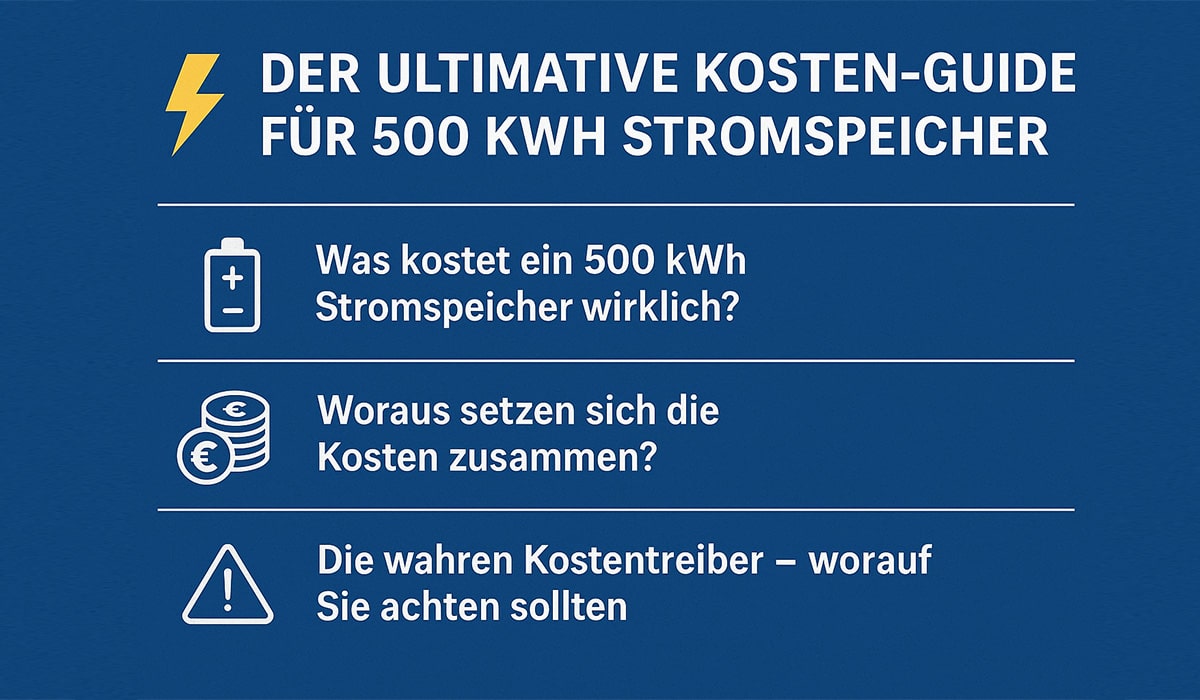What is the difference between Photovoltaic Power Generation and Solar Power Generation
What is the difference between Photovoltaic Power Generation and Solar Power Generation
Photovoltaic power generation and solar power generation are two different core solar energy utilization technologies. Photovoltaic power generation directly converts solar energy into electrical energy, which has high conversion efficiency and broad application prospects; solar power generation converts solar energy into other forms of energy, and can generate different forms of energy through heat and power. In reality, the application of photovoltaic power generation in the fields of household photovoltaic systems and intelligent buildings has become more and more extensive. Solar power generation has given full play to the nature of its energy source in the fields of large-scale photovoltaic power plants and other centralized investment. Transformation and upgrading have played a positive role in promoting.
First, what is solar power?
Solar power generation refers to the technology that uses solar radiation to convert solar energy into electrical energy. This technology includes solar power generation in a broad sense and photovoltaic power generation in a narrow sense. In addition to photovoltaic power generation, there are thermal power generation and sustainable solar power generation on the market.
Types of solar power
Solar power generation includes solar panels that directly use solar energy to generate electricity, solar water heaters, solar dryers, solar cookers, and solar ovens that can be directly converted into heat through sunlight. The gas is then used to generate electricity for solar towers to generate electricity, etc. Among them, solar panel power generation is divided into photovoltaic power generation and solar thermal power generation according to its different principles. The following will focus on the difference between photovoltaic power generation and solar power generation.
PV
Photovoltaic power generation refers to a solar power generation technology that uses the charge separation phenomenon of photovoltaic cells to light energy to directly convert solar energy into electrical energy. By pasting a layer of transparent conductive film on the surface of photovoltaic panels, photons in sunlight are used to stimulate electronic transitions to form battery currents and generate electrical energy. This electrical energy can be fed directly into the grid or stored.
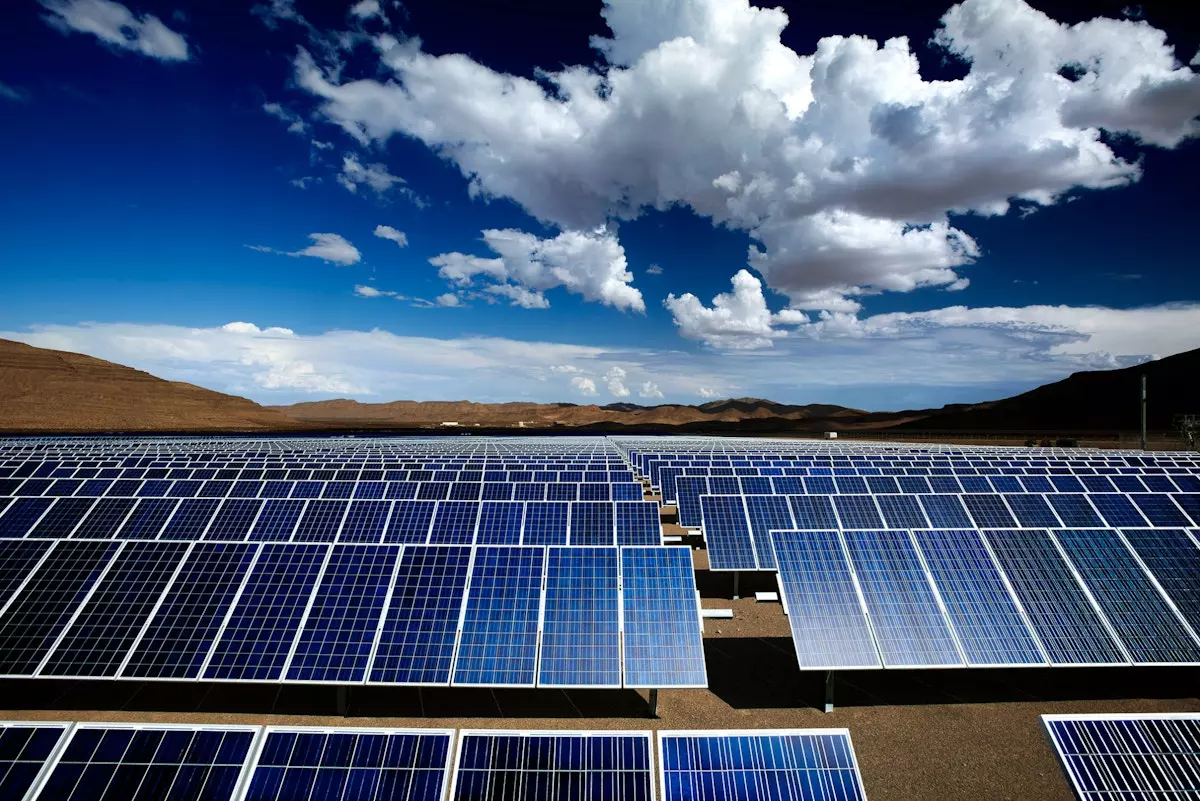
Advantages of photovoltaic power generation
1. Environmental protection: Photovoltaic power generation does not consume fuel, does not emit pollutants and greenhouse gases, and has no pollution to the environment. It is a very environmentally friendly energy source.
2. Renewable: Solar energy is a renewable energy source, it does not consume the source.
3. Safety: The energy is dispersed, not concentrated, and safety accidents are not easy to occur.
Disadvantages of photovoltaic power generation
1. High cost: Photovoltaic power generation requires the purchase of photovoltaic panels and other equipment, and its cost is higher than that of traditional energy sources.
2. Weather effects: Insufficient light such as cloudy days, rainy days, and nights will affect the power generation effect of photovoltaic panels.
solar energy generation
Solar power generation is a phenomenon that converts solar energy into other forms of energy through heat conversion, and then achieves its use after transmission, storage, and distribution. It has no effect on the shadow of such scenes and the angle of sunlight reception. Forms such as pipes, boilers and lenses. Solar-powered cars and solar-powered airplanes generate power by hydrating constant-temperature boiling water to M-60 direct-axis solar-powered industrial control fans to participate in flight.
Advantages of solar power generation:
1. Environmental protection: solar power generation does not consume fuel, does not produce pollution, and is very environmentally friendly.
2. Renewable: Solar energy is a renewable energy source, it does not consume the source.
3. Energy saving: solar power generation equipment only needs a one-time investment, and no other energy input is required.
Disadvantages of solar power:
1. Energy is dispersed, not centralized, and not easy to manage and store.
2. When the sunlight is insufficient, the effect of solar power generation is poor.
3. The construction of solar power stations requires a large amount of land resources, which has a certain impact on the environment.
Photovoltaic power generation, solar power generation

